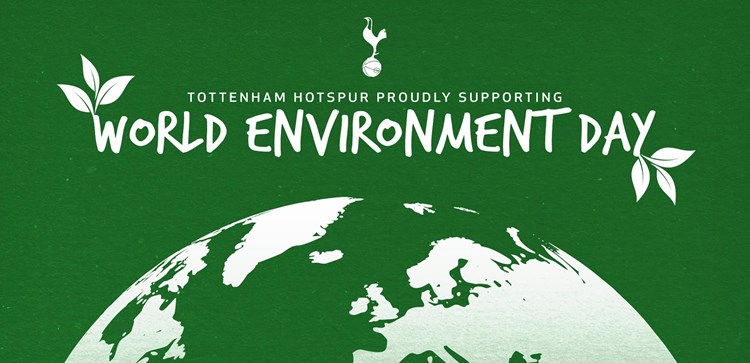On World Environment Day (5 June), we take a look at the work being delivered across the Club to minimise the environmental impact of all our activities.
World Environment Day is the most renowned day for environmental action. Since 1974, it has been celebrated every year on 5 June; engaging governments, businesses, celebrities and citizens to focus their efforts on a pressing environmental issue.
We embrace initiatives and technologies that reduce our environmental impact whenever possible, working towards improving efficiency and sustainability across the Club at all levels – encouraging employees, suppliers and partners to do the same.
We are offsetting our carbon footprint in a myriad of different ways – to date, we have planted over 300 new and semi-mature trees and tens of thousands of new plants, hedges and flowers across our Training Centre to establish an ecological habitat.
The Club was a founder member of the 10:10 initiative, which called on individuals, businesses, schools and other organisations to cut their emissions by 10 per cent in a year. This founder membership and the Club’s work during that period has informed our policies moving forward since implementation in 2009.
Our core policies are:
• Recycle any waste products generated across the Club where possible and increase waste diversion away from landfill.
• Reduce our single-use plastic footprint with the aim of eliminating its use across Club operations, seeking to source more environmentally sustainable materials where possible.
• Educate and inspire young people in our communities through the work of the Tottenham Hotspur Foundation.
• Promote alternative forms of transport for fans and staff to and from the stadium and Training Centre that have a reduced impact on the environment.
• Identify locally and sustainably sourced food options to cater for various dietary requirements, including plant-based food options, at our stadium.
Here are some examples...
Single-use plastics
We have been trialling a reusable beer cup scheme throughout General Admission areas of the stadium during the 2019/20 season.
Drinks are served in the cups at all bars located in these areas – including those at which the Bottoms Up pouring system is in operation.
Mounted to our recycling bin units throughout the concourses are bespoke units where beer cups ONLY are to be disposed of after you have finished your drink. Beer cups are collected and taken off site after matches to be washed and then returned for further use.
Furthermore, we do not stock plastic straws, stirrers or cutlery at the stadium across all concourse areas, nor are they wrapped in any plastic disposable packaging. We instead use wooden stirrers and cutlery, and paper straws. In addition, no single-use plastic is used to serve food inside our premium areas. Sandwich packaging in The M, our new food and drink option on the High Road, is fully compostable.
Water fountains are also available throughout our general admission concourses.
Plant-based/low carbon food
All food produce served at the stadium, where possible, is locally and sustainably sourced. The Club is working with partners to continue to identify and improve further sustainably-sourced food options to cater for various dietary requirements, including plant-based food options.
All menus across our matchday food outlets, as well as The M on non-matchdays, include vegetarian and vegan options.
Vegan food options available throughout the stadium include battered tofu, tofu katsu curries, jackfruit sandwiches and beetroot burgers.
Preserving nature
Our Training Centre has been designed with environmental protection and sustainability at its heart. The focus on enhancing and reinstating key features of the local environment including restoring historic hedgerows and field boundaries, as well as significant additional planting, bug hotels, an organic kitchen garden and orchard.
The Club planted over 300 new and semi-mature trees and thousands of new plants, hedges and flowers across the site in order to establish and enhance the ecological habitat.
Recycling
Fans attending the stadium on a matchday will notice two different bins, clearly-marked, at locations throughout our concourses – one is for General Waste, the other for Dry Mixed Recycling.
We actively encourage fans to only place empty vessels, such as bottles, paper and cardboard in the Dry Mixed Recycling bins, with all other waste, including those containing food or liquid, to be placed in the General Waste bin.
After matches, the Dry Mixed Recycling bins are taken to a nearby Material Recovery Facility in Edmonton where the waste is separated to produce quality, single-stream materials that are then baled and sent to the most sustainable companies for re-processing.
Energy efficiency
The building fabric of the stadium has been designed to be highly-insulated to reduce heating and cooling demands, with LED lighting (including floodlights) and high-efficiency building services systems in place to reduce energy use. A range of other initiatives are in place including intelligent controls and attenuation water tanks.
There are further examples with the building design at the Training Centre in terms of insulation, solar shading and building fabric thermal performance that reduce the need for additional energy usage.
The Club has put in technologies throughout its Training Centre to deliver renewable energy to the development, including 75m2 Solar Panels and air source heat pumps.
Sustainable transport
We actively encourage fans to use our enhanced public transport options on matchdays, with upgraded train stations, service improvements, new shuttle bus links, better pedestrian connections, real-time travel information points, clear signage and regular transport updates.
This will reduce impacts from vehicle traffic around the stadium on matchdays and there has already been a significant shift in travel patterns to the stadium area. In 2003, over 60 per cent of fans came by car. For weekend fixtures that figure reduced to 42 per cent in 2014 and we plan to bring that number down to a maximum of 24 per cent in the future.
The Club has access to a pool of fully electronic Audi e-tron cars for day-to-day business use, in order to limit its carbon footprint, and has launched a 'Cycle To Work' scheme for staff in conjunction with Cycle Solutions.
Water usage
Water consumption is minimised across the stadium with waterless urinals and low-flow fittings and fixtures. At the Training Centre, a sedum ‘green roof’ has been installed to significant portions of the main building to enable the capture and re-harvesting of rain water across the site. A comprehensive drainage and extraction system is in place through the installation of an attenuation pond and two onsite bore holes that extract water with licences and agreement from the Environment Agency.









